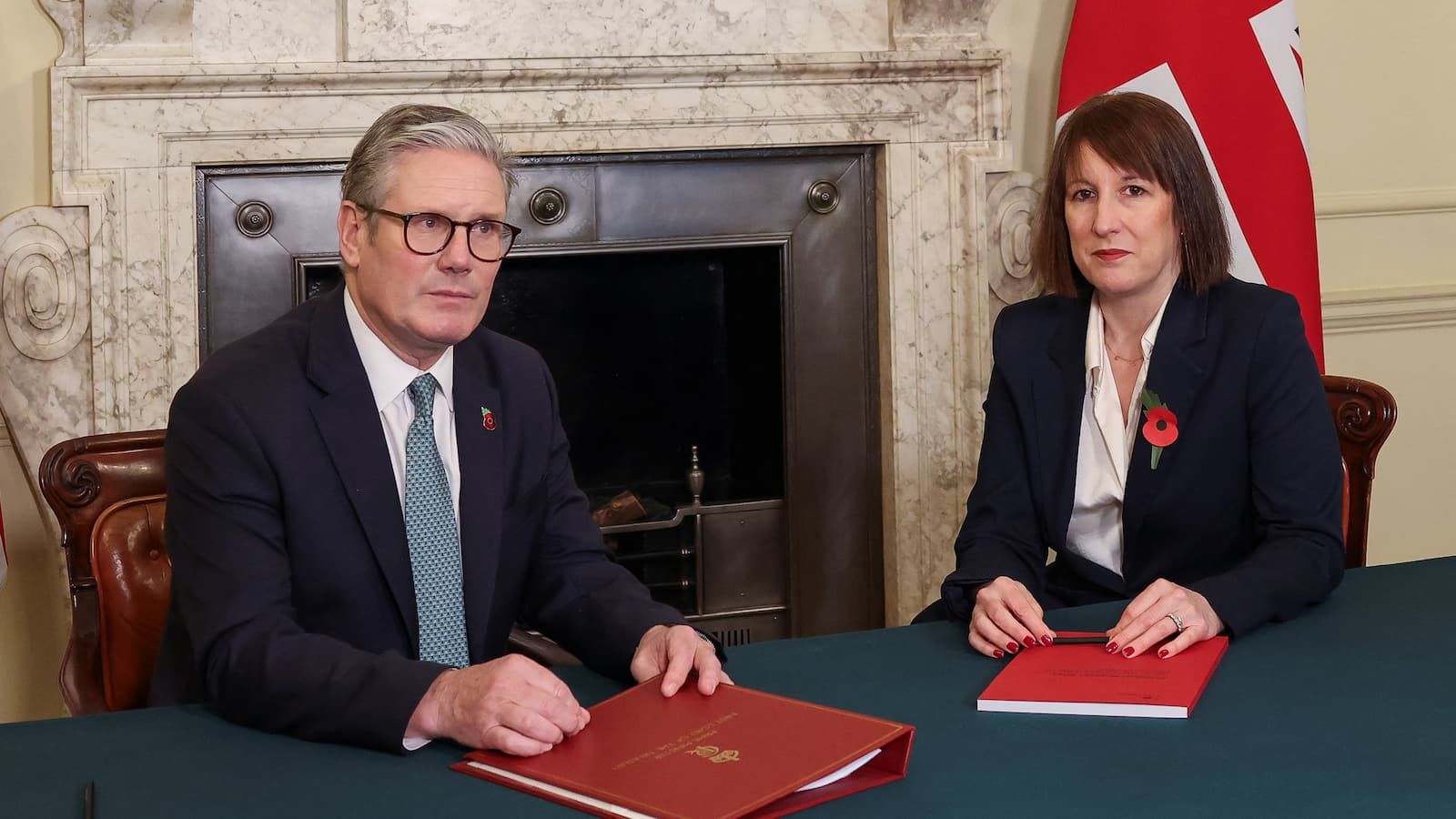Builders are hitting pause ahead of the November Budget, concerned that taxes could raise the cost of building homes and create broader uncertainty in the property market.
A Knight Frank survey found 43% of developers expect housing starts to fall in the final quarter of 2025, reflecting widespread caution across the sector.
Former Housing Minister Kit Malthouse also warned this week the government will “massively undershoot” its housing target, highlighting capacity constraints and market disruption.
Builders waiting to see outcome of November Budget
A recent Knight Frank survey of over 60 homebuilders revealed that almost half expect housing starts to decline through the last quarter of 2025, with uncertainty around taxes and levies delaying decisions to build homes.
Developers cited unclear government policy, long lead times, and high inflation as key reasons for slowing new builds.
James Barton, head of Knight Frank’s London land agency, said: “Developers are waiting for clarity on costs and fiscal measures before committing to projects, or we risk seeing further delays into 2026.”
Without action to address these concerns, the government looks set to miss its target of delivering 1.5 million homes over the course of the parliament.
Former Housing Minister warns of “massive undershoot”

Kit Malthouse, who served as Housing Minister under Theresa May, told the FMB podcast that the current government is likely to fall far short of its housing targets due to persistent capacity and market issues.
He pointed to brick and breeze block shortages, a collapse in the small building sector after 2008, and ongoing planning permission delays.
“Until interest rates fall and capacity expands, we’re going to have a problem,” he said, emphasising that slowing the pace to build a house is not a question of policy ambition but practical constraints.
He also highlighted the importance of clear pathways for construction careers to ensure long-term capacity in the sector.
Tax pressures raise costs and add uncertainty
Developers and homeowners face a series of potential taxes and levies that could add significant costs to new builds. Proposed measures include:
- An exit tax for homeowners emigrating, which could apply to unrealised gains and complicate decisions for those planning to sell or invest in property abroad.
- Council tax rises that could see top bands doubled and changes to council tax bands, increasing ongoing costs for homeowners and affecting affordability.
- A ‘Mansion Tax‘ on high-value homes, potentially deterring investment in expensive developments.
- Landfill tax reforms expected to add more than £24,000 to the cost of building a house.
- A delayed Building Safety Levy that, while postponed, will eventually raise further costs for developers.
Combined, these measures create a challenging environment for anyone looking to build a house, and may push developers to defer projects until tax and cost implications are fully clear.
Outlook for UK homebuilding
The combination of survey evidence, ministerial warnings, and looming fiscal pressures paints a stark picture.
Developers are wary of committing to new builds, which could deepen the slowdown in housebuilding.
Without coordinated demand-side support such as first-time buyer incentives or stamp duty reform, the government’s 1.5 million homes target appears increasingly out of reach.
Homeowners and investors may see higher costs and longer waits to build a house, while the broader housing market braces for uncertainty.
View the original article and our Inspiration here


Leave a Reply